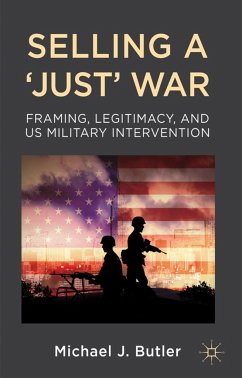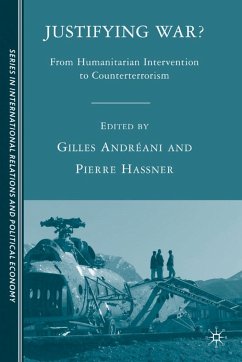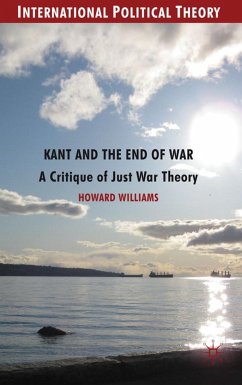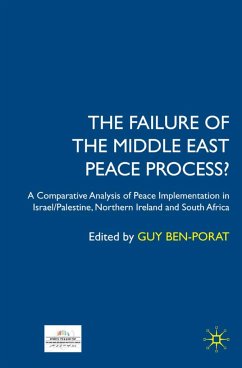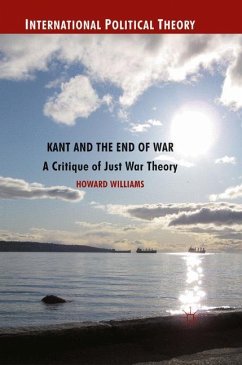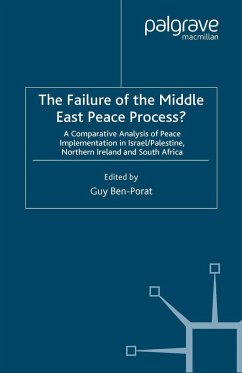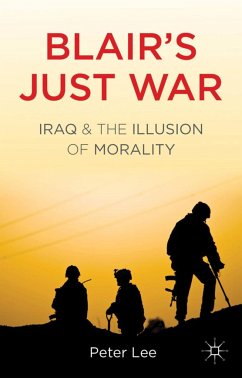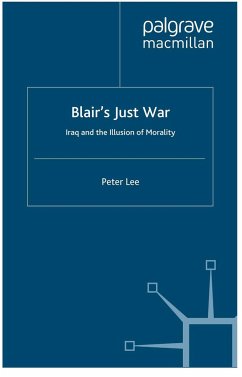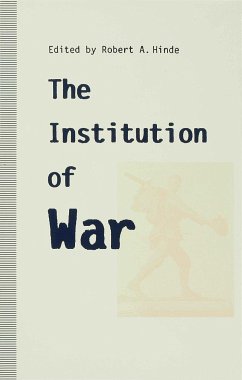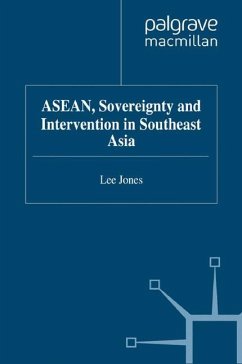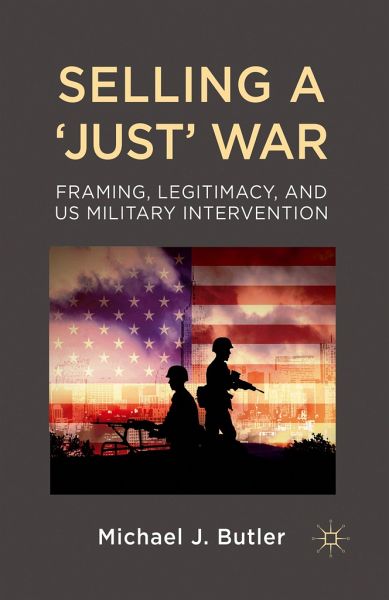
Selling a 'Just' War
Framing, Legitimacy, and US Military Intervention
Versandkostenfrei!
Versandfertig in 6-10 Tagen
38,99 €
inkl. MwSt.
Weitere Ausgaben:

PAYBACK Punkte
19 °P sammeln!
Butler sheds light on how American political leaders sell the decision to intervene with military force to the public and how a just war frame is employed in US foreign policy. He provides three post-Cold War examples of foreign policy crises: the Persian Gulf War (1990-91), Kosovo (1999), and Afghanistan (2001).



